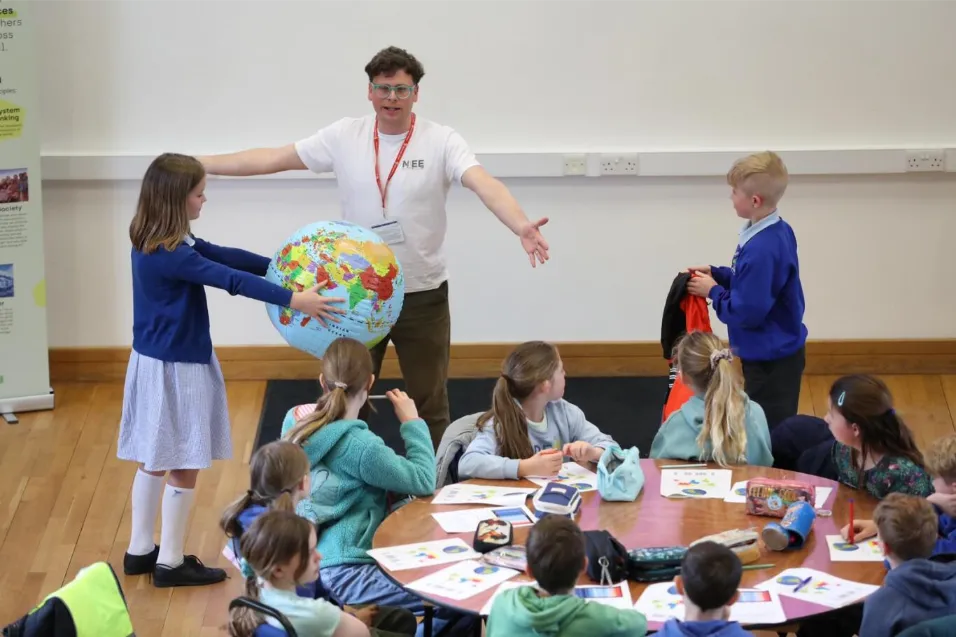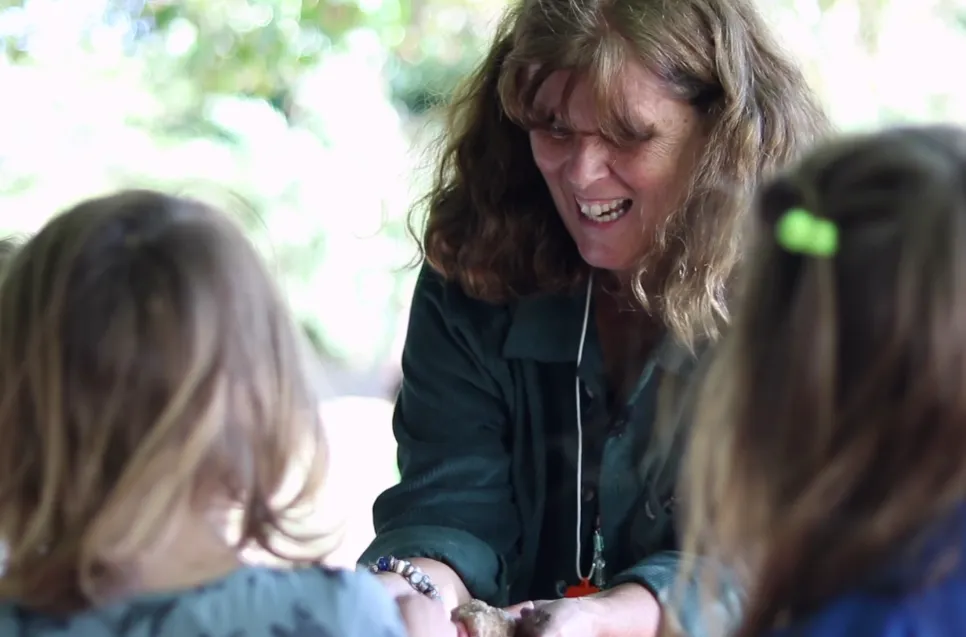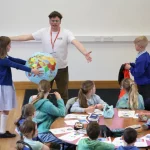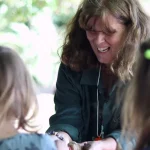Teacher: Nick Moss, Paul Turner
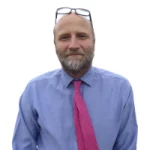
Nick Moss
Nick is headteacher of Minchinhampton Primary Academy near Stroud in the UK. Nick has decades of experience as a headteacher in London and the West country. Nick has a refreshing perspective on education, prioritising the well being of young people and empowering them to have a positive impact on the world around them. Nick works closely with his dedicated staff to develop student led learning which engages with the climate and nature crisis.

Paul Turner
Paul is a secondary geography teacher with an enthusiasm for creative and radical approaches to curriculum development. For decades Paul has shared his lesson planning and teaching resources freely through his website. Paul believes the role of education is to open young people’s imaginations and understanding of the world around them including the systems creating human and environmental catastrophe.
Usefull links related to the Solution
Overview
Paul feels there is an urgent need to engage everyone in society to learn about the climate and nature crisis and to affect change. As a teacher, he was inspired by the actions of Extinction Rebellion and the change in the public rhetoric which gave him more confidence to explore climate change solutions in his classroom. This led to Paul working together with Dale Vince and Nick Moss to develop the Ministry of Eco Education (MEE) website.
Theory of Change
Young people are calling for more climate and nature education and teachers are keen to support this interest, however, Paul and the team identified that teachers do not have enough time or the experience to find the great climate change resources that already exist or to fit them into their teaching. The MEE aims to fill this gap.
Approach and Actions
The MEE has two main pillars- the website which provides free resources and lesson plans; and an educational framework which is being directly implemented in schools.
Paul and the team started by mapping all the existing resources from hundreds of organisations, curating and altering the resources so they were relevant and useful for teachers. They then produced the website which functions as a repository of great teaching materials focused on the climate and nature crisis, which are weaved together into a series of lessons framed around big questions; these are broad societal questions which are currently relevant. This helps support teachers to teach more climate change education within the current curriculum allowing for the time constraints they are under. The aim is to embed teaching focused on sustainability across every subject for every pupil. Recent innovations to the website also include the option for schools to log in and track their progress at integrating sustainability into the curriculum.
Paul also worked with staff from Minchinhampton Primary Academy to develop their ideas about action-orientated education for sustainability. Learning from this project was brought together with the free resources and other opportunities that were already available and a framework was developed. During the academic year 2021 to 2022, the framework was implemented in 15 pioneer schools around the UK. This trial investigated the impact of the MEE approach on teacher confidence, sense of hope, community engagement and nature connection. The trial was successful and the approach was then rolled out to 1500 schools. A teacher training module has also been developed which uses the theme of ‘Big Questions’ and the MEE framework.
Impact
The feedback collected by the team indicates that the teachers in the pioneer schools felt more confident in engaging with education for sustainability. Teachers also experienced a greater sense of hope after taking part in the initiative. Young people benefited by gaining more knowledge of sustainability and also a greater connection with nature. The schools have also connected with their local communities and participated in joint projects.
